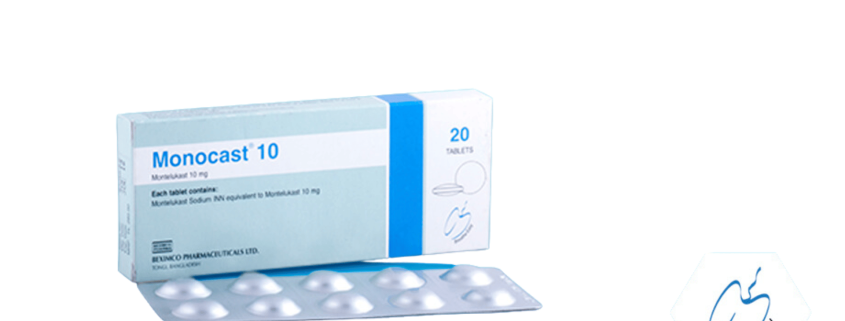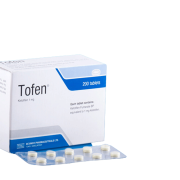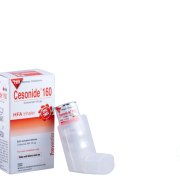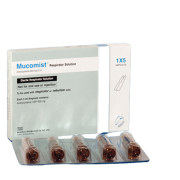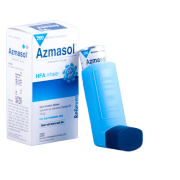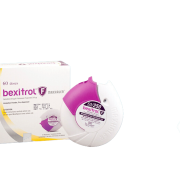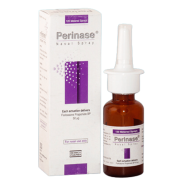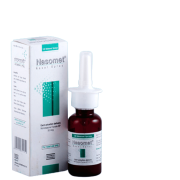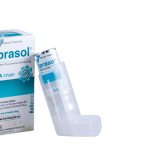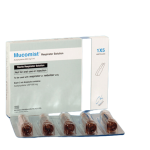Monocast
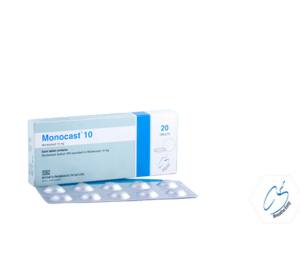
Generic Name: Montelukast
Dosage Form: Tablet
TG Name: Respiratory
1. What Monocast® is and what it is used for?
Monocast® is a prescription medicine & a preparation of Montelukast; that blocks substances in the body called leukotrienes. This may help to improve symptoms of asthma and allergic rhinitis. Monocast® does not contain a steroid.
Monocast® is used to:
- Prevent asthma attacks and for the long-term treatment of asthma in adults and children ages 12 months and older.
Do not take Monocast® if you need relief right away for a sudden asthma attack. If you get an asthma attack, you should follow the instructions your healthcare provider gave you for treating asthma attacks. - Prevent exercise-induced asthma in people 6 years of age and older.
- Help control the symptoms of allergic rhinitis (sneezing, stuffy nose, runny nose, itching of the nose). SINGULAIR is used to treat:
- Outdoor allergies that happen part of the year (seasonal allergic rhinitis) in adults and children ages 2 years and older, and
- Indoor allergies that happen all year (perennial allergic rhinitis) in adults and children ages 6 months and older.
2. Before you take Monocast®
Do not take this medicine and tell your doctor if:
Hypersensitivity to any component of this product
Take special care with Monocast®
Montelukast is not indicated for use in the reversal of bronchospasm in acute asthma attacks, including status asthmaticus. Patients should be advised to have appropriate rescue medication available.
Taking other medicines
Montelukast may be administered with other therapies routinely used in the prophylaxis and chronic treatment of asthma.
Caution should be exercised, particularly in children, when montelukast is coadministered with phenytoin, phenobarbital and rifampicin.
Pregnancy and breast-feeding
Montelukast is classified as pregnancy category B. The drug has been shown to cross the placenta of pregnant rats and rabbits, but there have been no reports of its use in pregnant women. Montelukast is also known to be excreted into breast milk, but only limited information is available on the significance of this finding. Caution should be used prior to initiating montelukast therapy in nursing mothers.
3. How to take Monocast®?
Always use Monocast® exactly as your doctor has told you. You should check with your doctor or pharmacist if you are not sure.
How much to take?
The dose of Monocast® prescribed for your or your child’s condition is based on age:
- 6 to 23 months: one packet of 4-mg oral granules.
- 2 to 5 years: one 4-mg chewable tablet or one packet of 4-mg oral granules.
- 6 to 14 years: one 5-mg chewable tablet.
- 15 years and older: one 10-mg tablet.
If you take more Monocast® than you should
If you forget to take a dose, take it as soon as you remember it. However, if it is nearly time for the next dose, skip the missed dose. Do not take a double dose to make up for a forgotten dose.
If you stop taking Monocast®
Do not stop taking this medicine without talking to your doctor. You should not stop taking Monocast® just because you feel better. If you have any further questions on the use of this product, ask your doctor or pharmacist.
4. Possible side effects
Like all medicines, Monocast® can cause side effects, although not everybody gets them.
The most common side effects with Monocast® include:
- Upper respiratory infection
- Fever
- Headache
- Sore throat
- Cough
- Stomach pain
- Diarrhea
- Earache or ear infection
- Flu
- Runny nose
- Sinus infection
Tell your doctor if any of the side effects gets serious or lasts longer than a few days, or if you notice any side effects not listed in this leaflet.
5. How to store Monocast® Plus?
- Store at 59° F to 86° F (15° C to 30° C).
- Keep in the container it comes in.
- Keep Monocast® in a dry place and away from light

